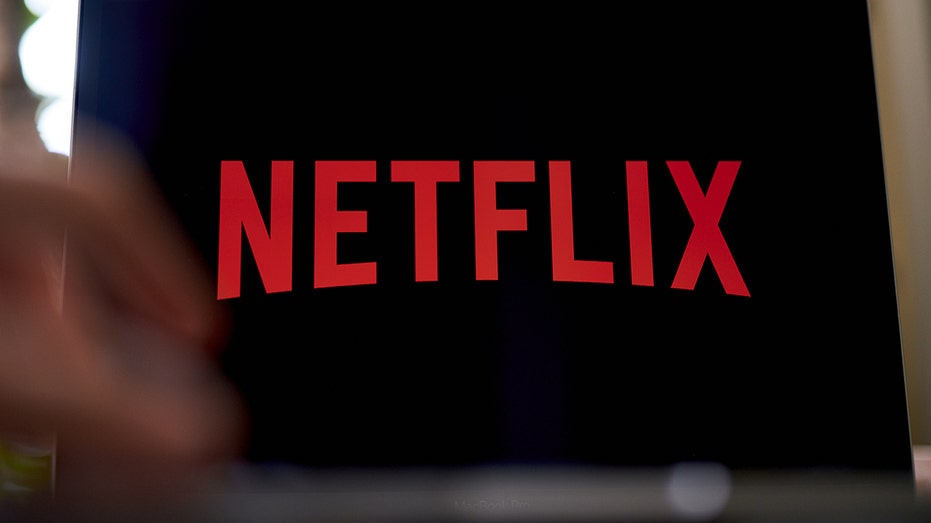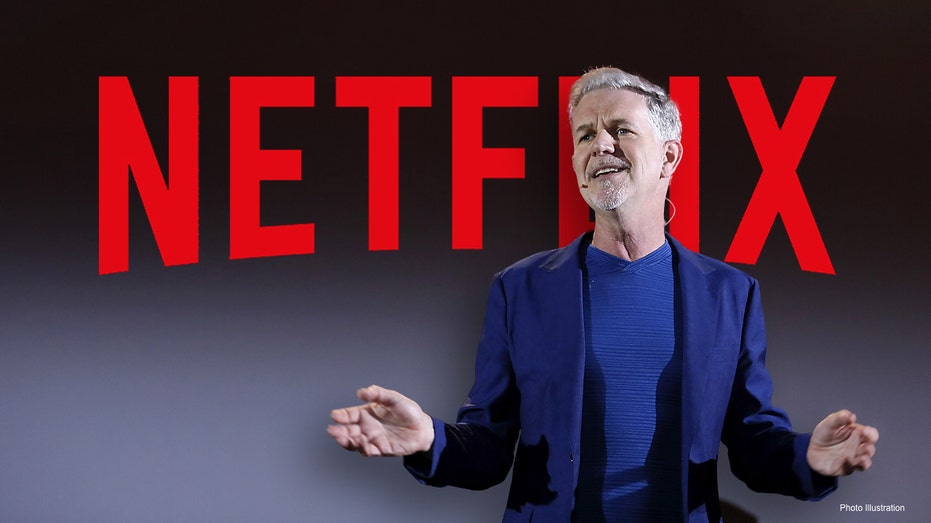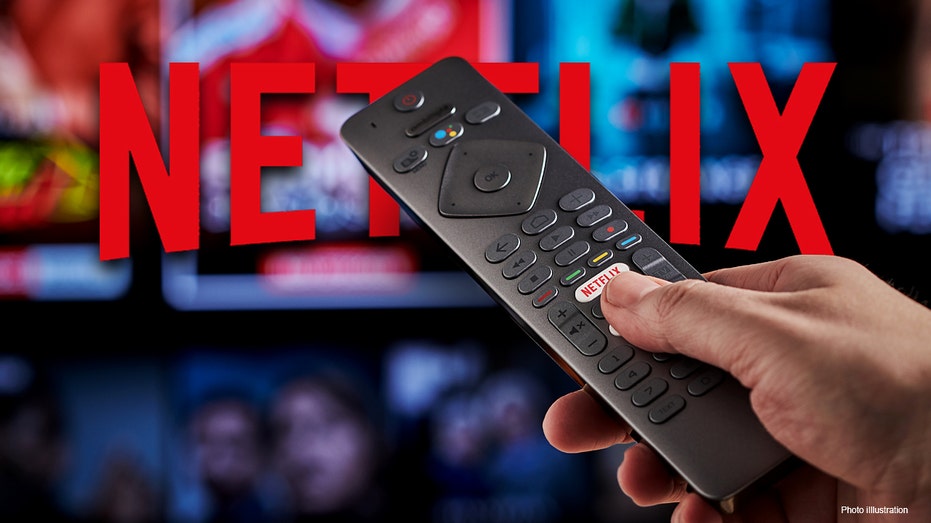Netflix loses subscribers amid growing competition, account sharing
Streaming giant expects to lose two million subscribers in the current quarter
Is Netflix suffering from subscription fatigue?
Wedbush Securities managing director Michael Pachter and Deloitte tech, media and entertainment leader Kevin Westcott preview Netflix earnings on 'The Claman Countdown.'
Netflix Inc. lost subscribers globally in the first quarter and expects to lose even more this spring, as the streaming giant grapples with growing competition from rival services and rampant account sharing among its customers.
The company ended the first quarter with 200,000 fewer subscribers than it had in the fourth, missing on its own projection of adding 2.5 million customers in the period. Netflix said it expected to lose two million global subscribers in the current quarter.

The Netflix Inc. logo on a laptop computer arranged in the Brooklyn Borough of New York, U.S., on Saturday, Oct. 16, 2021. ( Gabby Jones/Bloomberg via Getty Images / Getty Images)
| Ticker | Security | Last | Change | Change % |
|---|---|---|---|---|
| NFLX | NETFLIX INC. | 555.12 | -22.63 | -3.92% |
Netflix shares fell 17% in after-hours trading. Through Tuesday’s close, the stock had declined by more than 40% so far this year.
Netflix blamed password sharing among its members and increasing competition in the streaming space for creating what it called "revenue growth headwinds." Netflix estimated that besides its almost 222 million paying households, the service is being shared with an additional 100 million homes including 30 million in the U.S. and Canada.
FIFA TAKES ON STREAMING COMPANIES WITH OWN SOCCER PLATFORM
"It’s harder to grow membership in many markets," the company said in its letter to investors. Netflix said it is testing password sharing subscription modes that it believes will allow it to monetize sharing and build revenue.
The streaming giant said revenue growth has "slowed considerably" and warned that the gains Netflix made during the Covid-19 pandemic hid the fault lines that have emerged in its business over the past few years.
"Covid clouded the picture by significantly increasing our growth in 2020, leading us to believe that most of our slowing growth in 2021 was due to the Covid pull forward." the company said.

Netflix CEO Reed Hastings. (Getty Images / Getty Images)
Besides competition and password sharing, the other reasons Netflix cited as causes for slowing growth include a slower-than-expected adoption of smart TVs, data costs and world events including increasing inflation, the effects of Russia’s invasion of the Ukraine and continuing disruption from the pandemic.
Netflix said shutting down its service in Russia also resulted in the loss of 700,000 subscribers.
Netflix isn’t the only streaming service facing challenges. Walt Disney Co. ’s Disney+ is adding a lower-priced advertising supported version of the platform later this year in an attempt to boost subscribers.
DISCOVERY, AT&T SEAL WARNERMEDIA DEAL, CEO DAVID ZASLAV GETS TO WORK
While Netflix has no plans to launch an advertiser-supported tier, at a recent investment conference its chief operating officer, Spencer Neumann, said, "never say never."
With growth that has been the envy of the industry for more than a decade, Netflix is seen as a barometer for streaming. That it is now seeing growth slowing, there is concern that the direct-to-consumer streaming business is about to hit some speed bumps.

Netflix lost 200,000 subscribers during the first quarter of 2022. (Photo by Phil Barker/Future Publishing via Getty Images / Getty Images)
Netflix said its plan to right itself will be heavily focused on improving the quality of its programming and the recommendations that platform provides to its customers to keep them engaged in the content and on the service. Netflix already spends more than any other entertainment provider with a programming budget that is expected to surpass more than $20 billion this year.
GET FOX BUSINESS ON THE GO BY CLICKING HERE
The decline brought Netflix’s paid global subscriber base to 221.6 million, down from 221.8 million in the prior quarter. Revenue rose roughly 10% to $7.87 billion, below analysts’ projections of $7.93 billion. The company’s quarterly profit was $1.6 billion, down from $1.71 billion a year earlier.
Write to Joe Flint at joe.flint@wsj.com and Denny Jacob at denny.jacob@wsj.com
